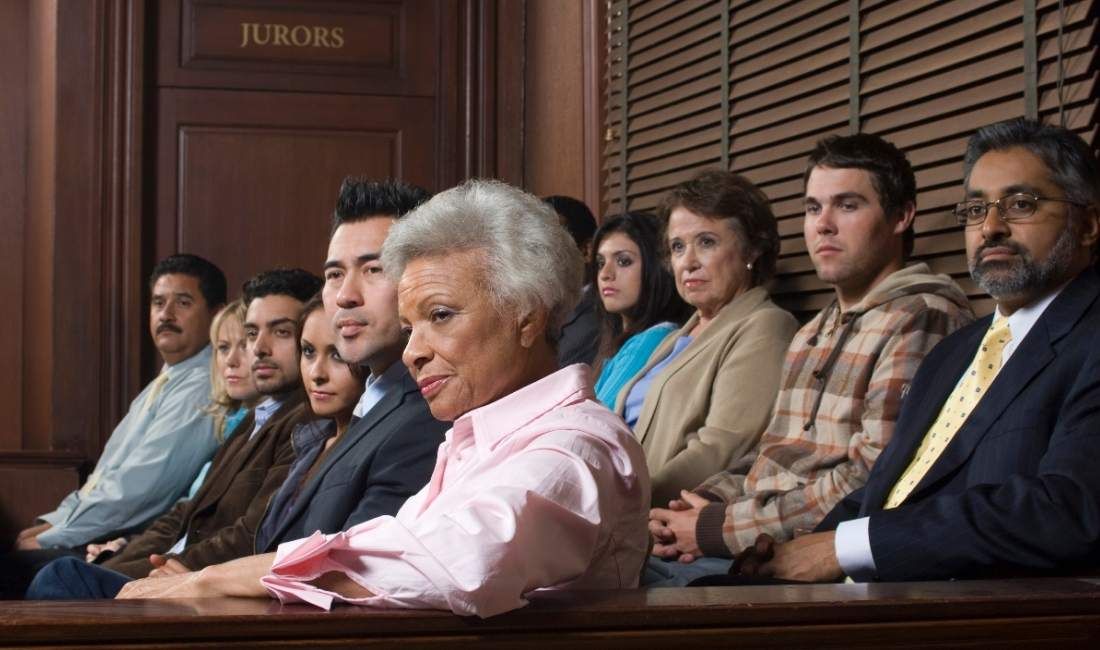Rise of the New Trade Unions

| W.E.U Admin | News
TAGS: Trade Union
The Changing Face of British Trade Unionism
This analysis discusses the economic and social shifts in Britain since the 1980s, focusing on the decline of traditional trade unions and the emergence of new forms of worker representation.
Economic Restructuring and the Decline of Union Power
Quentin Lett's book, 50 People Who Buggered Up Britain (2009), included Margaret Thatcher due to her government's aggressive stance towards trade unions, particularly the handling of the 1984 miners' strike at Orgreave, and the broader program of economic restructuring.
The Impact of Reforms and Globalisation
- Mass militancy by unions in the 1960s and 1970s created a poor reputation for industrial relations in Britain.
- Legislation to curb "out-of-control unions" reduced the number of days lost through strikes and improved industry performance.
- These reforms contributed to "globalisation," the transnationalisation of finance, manufacturing, and technology, which enabled the offshoring of production to countries with cheaper labour.
“Not made in Britain anymore…”
The embrace of globalised economics peaked from the late 1990s under New Labour and continued after 2010. This neo-liberal model was willing to see venerable companies and associated jobs transferred abroad, including ICI, Cadburys, Jaguar, and Rolls Royce Cars.
Britain's EU membership also played a role: Freedom of movement allowed over 3 million people to settle in the UK, which had the effect of depressing wages and career prospects in certain sectors.
Statistical Decline of Membership
Trade union membership saw a sharp decline:
- From 13 million members in 1979 to 6 million in 2015.
- Today, most unionisation is concentrated in the public sector (health workers, teachers, etc.).
- Private sector workers comprise merely 2.5 million members.
The Social Costs of Transformation
While economic restructuring, like cheaper consumer products due to goods made in China, and a booming City of London increased GDP growth, the social costs were substantial and long-lasting.
- Despite higher employment levels, many people experienced eroded wages, pensions, and purchasing power.
- Productivity levels remained poor, which the author attributes partly to large-scale immigration.
- Indigenous industries, such as coal, steel, shipbuilding, car making, and the potteries, withered away, leading to the decline of once-proud manufacturing towns.
The author argues that the social values embodied in unionised labour (communal bonds, loyalty, patriotism) were lost, which is the core of Lett’s lament regarding Margaret Thatcher's policies.
The Conservative Case for Trade Unions
The concept of Red Toryism, advocated by Phillip Blond in his 2010 book, called for a civic Conservatism sceptical of unconstrained free-market ideology and state interventionism. This has prompted a re-evaluation of trade unions by some conservative thinkers.
- David Skelton (2015) argued that "good trade unions can bring real benefits to the economy, helping improve productivity and skills and tackle low pay."
- Nick Denys of Union Blue (2018) observed that "Workplaces where trade unions operate are more equitable and ethical," and stressed the importance of involving employees to achieve successful change.
Alienation and the Shift Towards the "Woking Class"
Improving management-union relationships is hampered by the attitude of some union leaderships, which often prioritise collective action over resolving specific local disputes.
Drift from the Traditional Working Class
The decline in private and traditional industry membership has led unions to drift away from a recognisable working-class base towards members in the public and service sectors, often with higher pay.
Nick Denys noted that someone who is over 50 and in a high-paid public sector job is 25 times more likely to be a member of a union than someone under 30 in a low-paid private sector job.
This shift has resulted in two consequences:
- Low pay and poor job conditions fester for those at the bottom.
- Trade unions have become ideologically biased towards the post-modern New Left, embracing identity politics (race, gender, sexual orientation) and eschewing patriotism, which alienates the traditional working class base.
The "Woking Class" and Elite Disdain
The new narrative suggests a "working class" based not on old industrial labour, but on "socially aware university students, ethnic minorities and public sector employees" primarily within the middle class.
- A 2016 Guardian headline proclaimed, "High income, high status: this is Britain’s new working class," pointing to a "working class of the mind" coalescing around social and political attitudes (the "woke" orthodoxies).
- This new outlook often disdains the traditional working class, exemplified by reactions to the Brexit vote in 2016. For instance, a teacher at the Royal College of Art, Brian Dillon, described Brexit as "the result of a shameless choice by many people... to pursue xenophobia, racism and outright fascism."
The Case for New Trade Unions and Re-invention
The ideological focus of established unions is seen to negate the fundamental purpose of a trade union—representing the interests of the worker regardless of political inclination. Representation quality is likely to vary based on one's position in the "victimhood/oppression hierarchy," leading to the neglect of concerns of members who are "pale, male and stale."
Calls for Reform
Nick Denys of Union Blue advocates reforming laws to encourage the formation of unions that are non-party political in orientation. This trend is also reflected in the US, where there has been a resurgence in union activity driven by a desire for non-partisan, professionally operating labour organisations, such as the Freelancers Union, which caters to 56 million self-employed people in the US.
Case Study 1: The Workers of England Union (WEU)
The WEU is a non-trade-specific union open to any employee in England, prioritising the needs of the individual worker.
- It focuses on high-quality advice for grievance/disciplinary proceedings and expertise in Employment Law.
- General Secretary Stephen Morris argues that external representation avoids the "serious potential conflict of interest" present when shop stewards are under the same managerial hierarchy as their members.
- The WEU has been successful in pursuing breaches of Employment Law, including winning three Court of Appeal cases.
- The WEU is expressly non-partisan and advocates for creating and preserving jobs, skills, and investment in the local economy.
Case Study 2: The Free Speech Union (FSU)
The FSU, founded by journalist Toby Young in 2019, is based on defending the professional ethic and the principle of freedom of speech against "cancel culture" and social media mobbing.
- The FSU's function is to "lobby for anyone accused of a speech crime... to be granted due process," whether they are a full-time employee or a freelance.
- Its goal is not to negotiate conditions of employment (pay, pensions) but to provide a protective network through professional guidance on defamation and Employment Law, and help raising legal funds.
- Young argues that traditional unions no longer defend members’ free speech, noting the Fire Brigades Union’s (FBU) expulsion of Paul Embery for speaking at a pro-Leave rally.
Conclusion: Revolution or Rediscovery?
The emergence of the WEU and FSU demonstrates a reinvention of trade unions adapted to contemporary work environments, flexible practices, and the protection of persecuted individuals over mass activism.
The "revolution" is also a "re-discovery" of the old communal spirit: dedication to a civic morality, solidarity, and a commitment to dignity and respect in the workplace. The WEU, for example, is successful in winning cases for members whose "philosophical beliefs" have been discriminated against.
About the author
M.L.R. Smith is Professor Strategic Theory at King’s College London.





